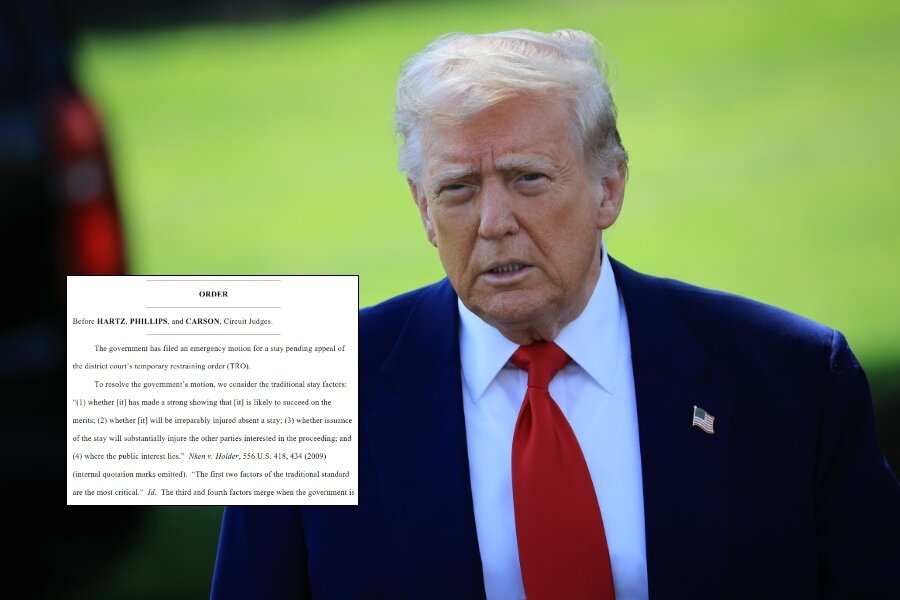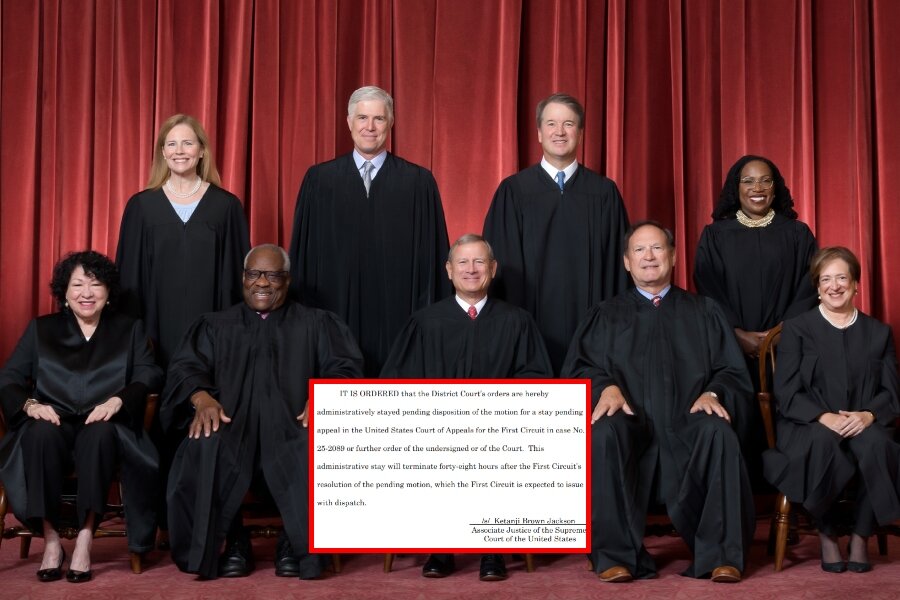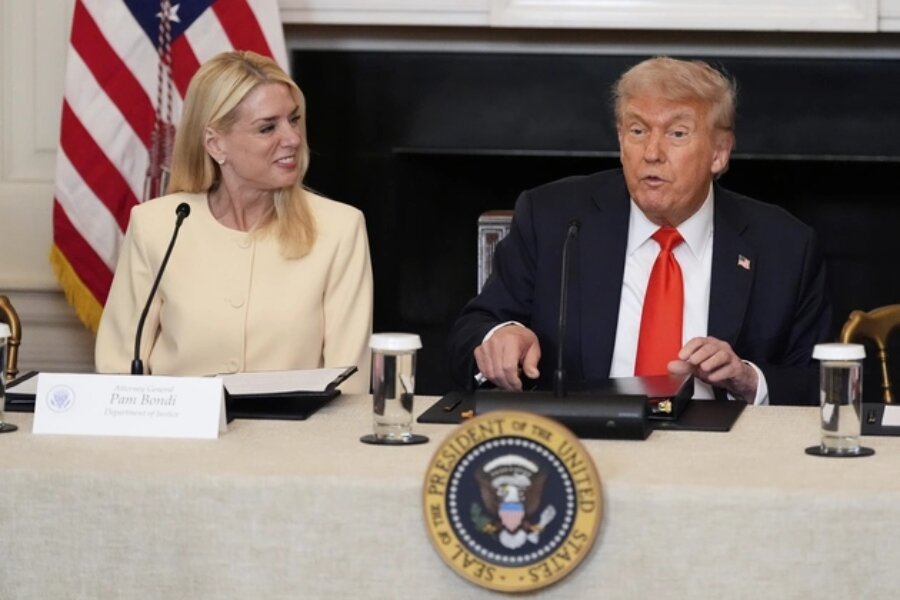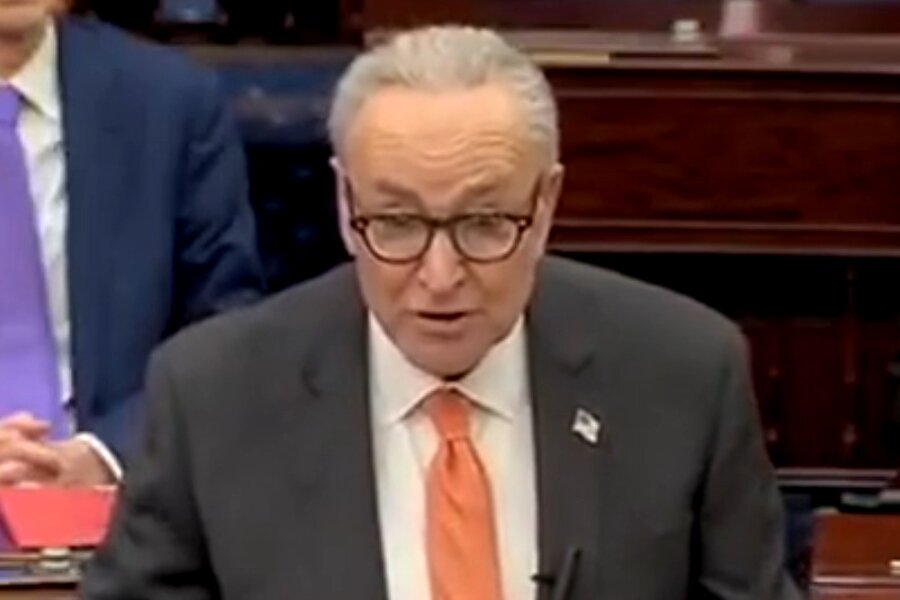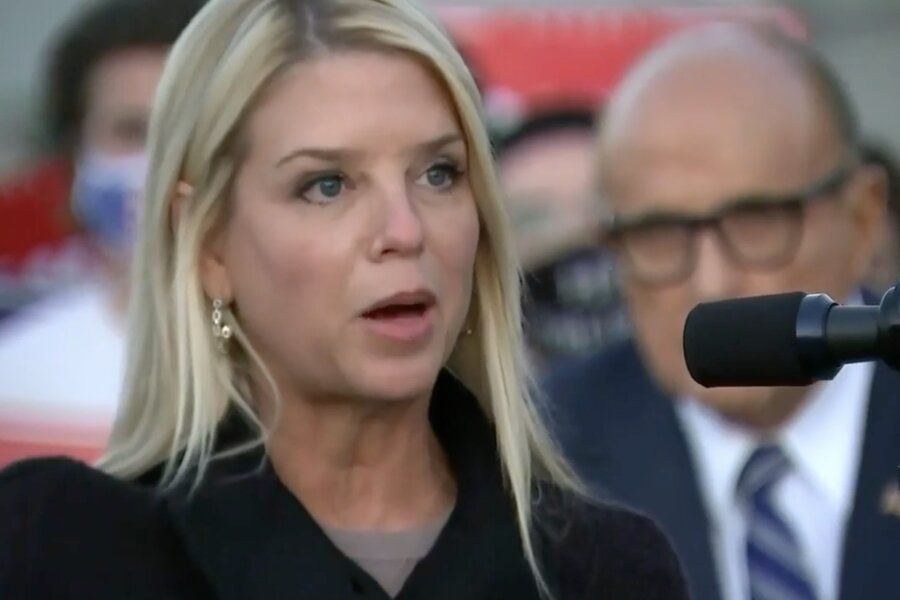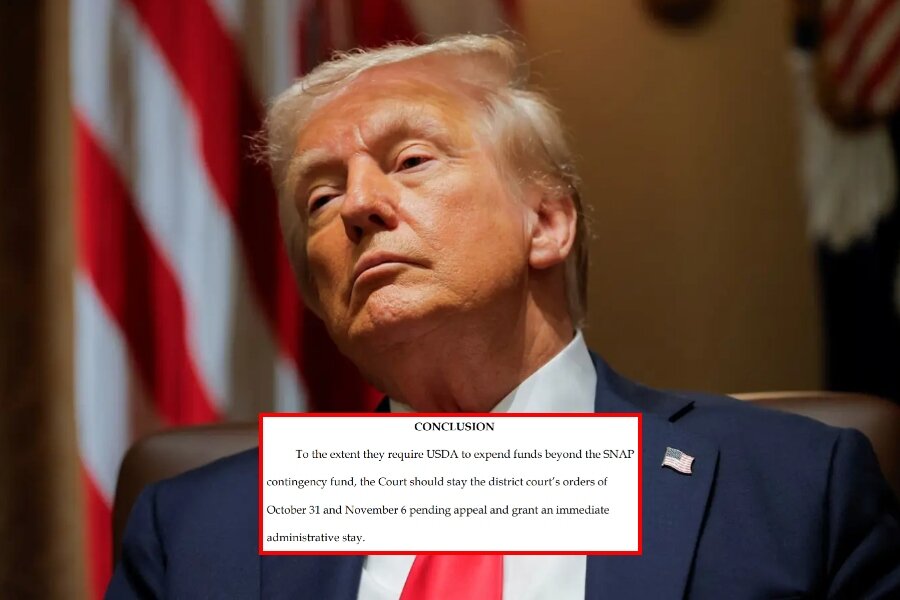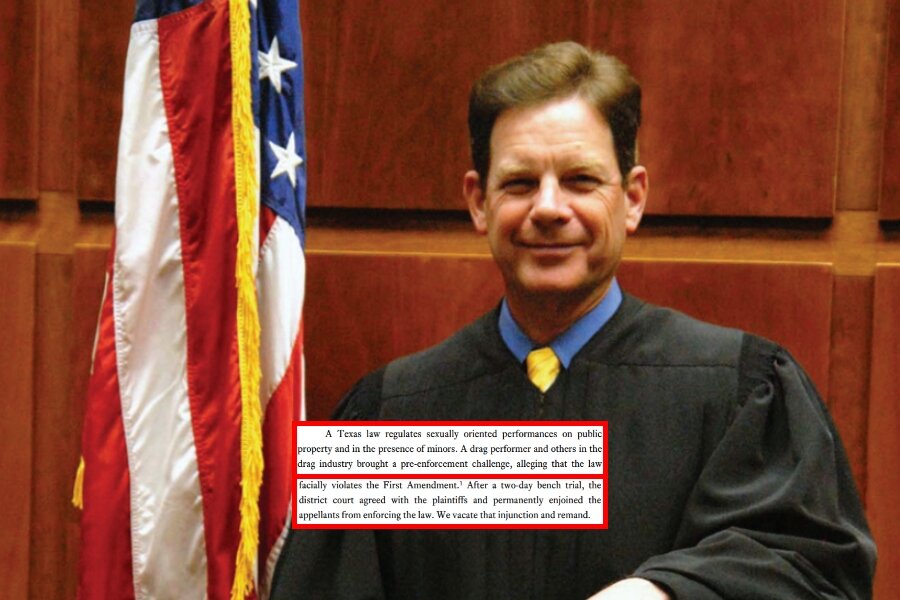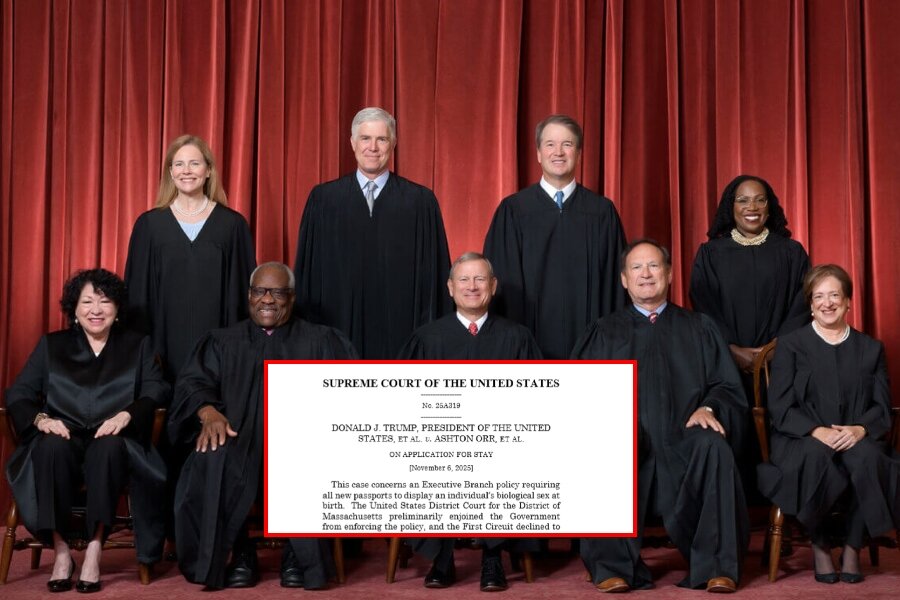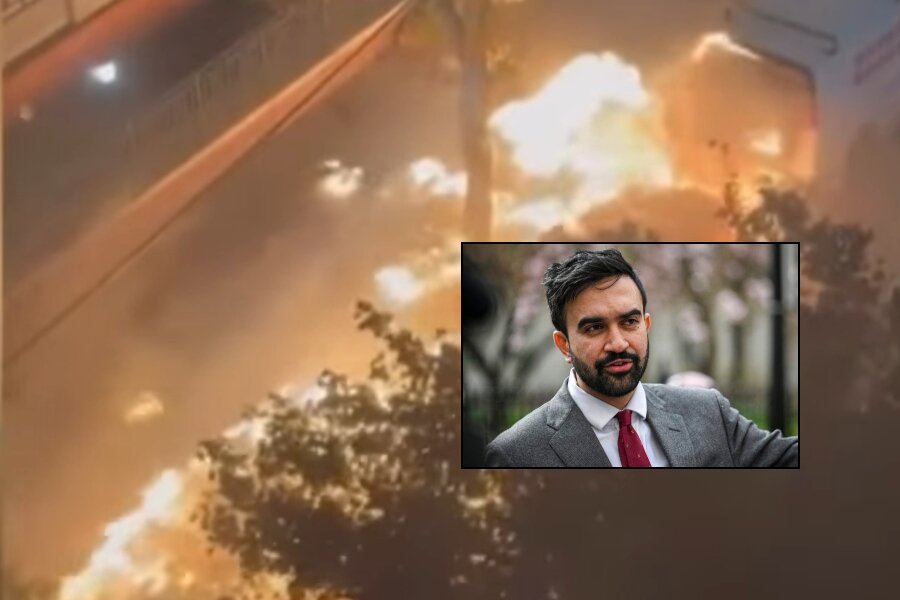A federal appeals court on April 29 turned down the Trump administration’s bid to block restrictions on deporting Venezuelans from Colorado.
The government did not show that it is likely to be irreparably harmed if a lower court order remains in place, a unanimous three-judge panel of the U.S. Court of Appeals for the 10th Circuit ruled.
Under court precedent, a party seeking a stay pending appeal must show it will likely be irreparably harmed absent a stay.
U.S. District Judge Charlotte N. Sweeney recently issued a temporary restraining order requiring the Trump administration to give Venezuelans arrested for alleged links to the Tren de Aragua gang three weeks’ notice before deportation.
The order applies to all noncitizens in Colorado who were, are, or will be subject to President Donald Trump’s March invocation of the Alien Enemies Act. The president at the time said that Tren de Aragua had invaded the United States, and he directed officials to arrest and deport its members.
“All members of the class are in federal custody. And given the important unresolved issues under the Alien Enemies Act (AEA) and the ruling of the United States Supreme Court that no one in that proceeding be removed under the AEA until further order of that Court … there is no realistic possibility that the government could remove any member of the class from this country before final expiration of the TRO on May 6, 2025,” the 10th Circuit panel stated.
Lawyers for the government and the plaintiffs in the case did not respond to early morning requests for comment.
Four factors must be met to secure a stay pending appeal. The appeals court did not address the other three factors, which include presenting a strong showing that a party is likely to succeed in the case since the irreparable harm standard was not met, the judges said.
The panel consisted of U.S. Circuit Judges Harris L. Hartz, Gregory A. Phillips, and Joel M. Carson.
Government lawyers had said in filings that Sweeney lacked jurisdiction to halt deportations because the plaintiffs were not in custody at the time of the ruling. Immigration and Customs Enforcement had released the plaintiffs because it determined they were not subject to the Alien Enemies Act. The lawyers also argued that the restraining order “irreparably harms the United States’ conduct of foreign policy” because it “usurps the President’s statutory and constitutional authority to address what he has identified as an invasion or predatory incursion.”
Attorneys representing the Venezuelans had said in response that the restraining order was proper because the government had been giving people arrested under the invocation just 24 hours’ notice of removal, which they said did not achieve due process.
Share your thoughts by scrolling down to leave a comment.

